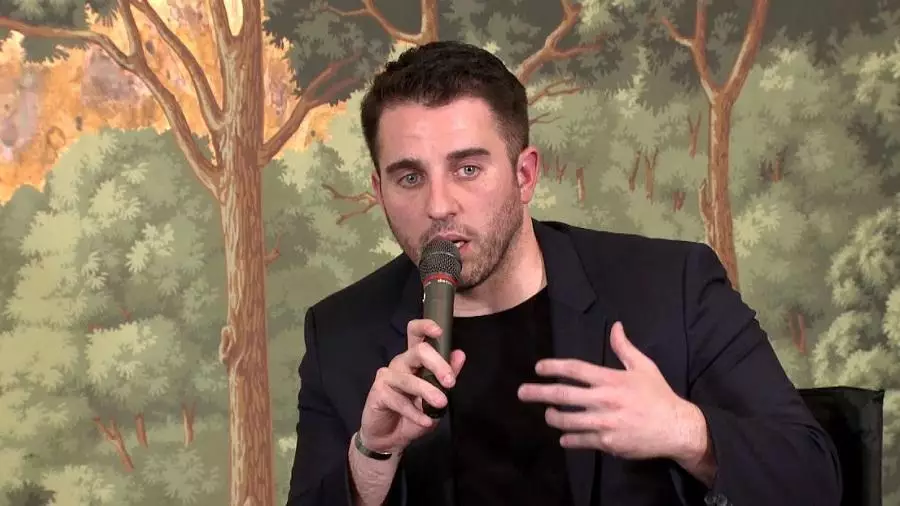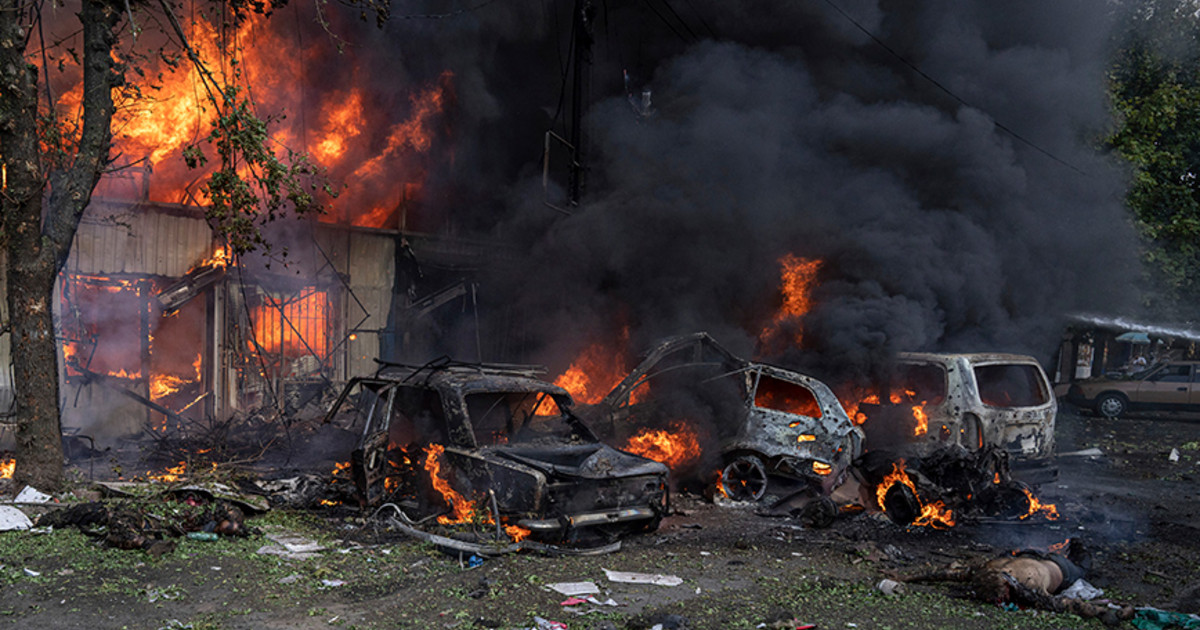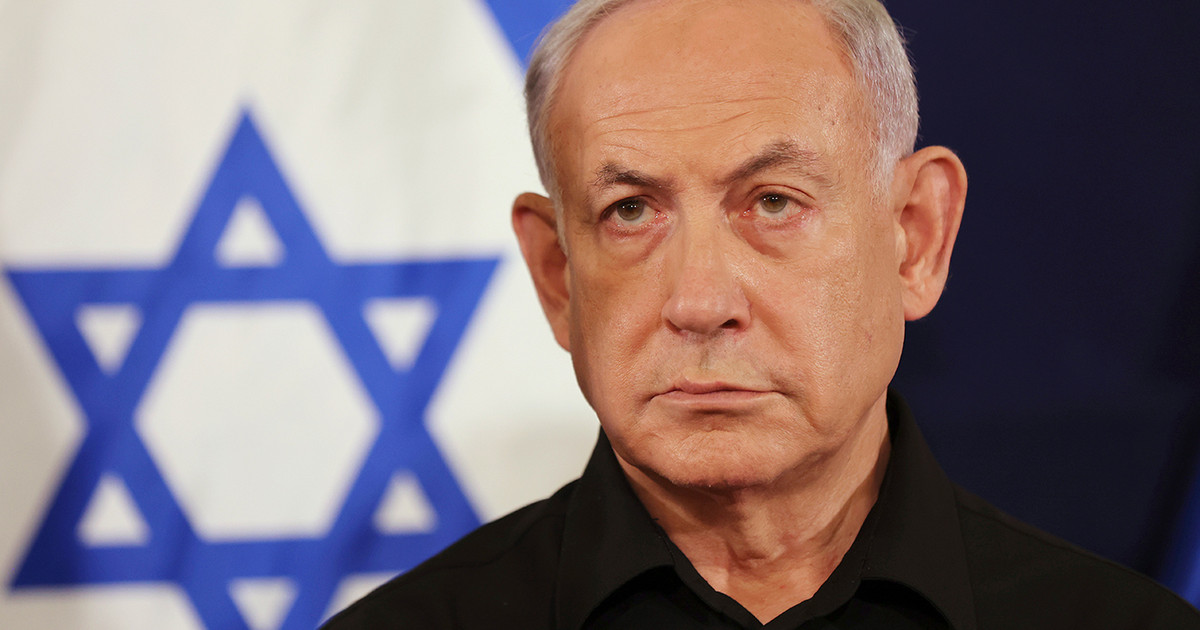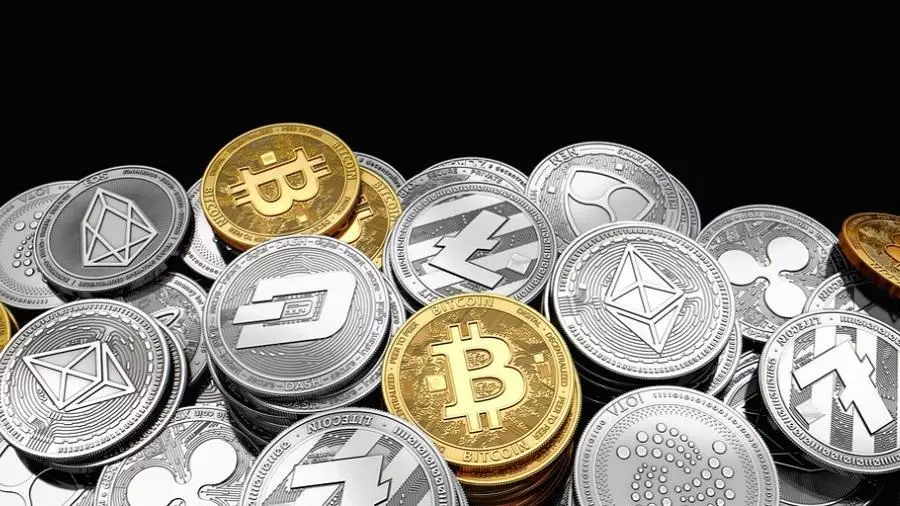The Central Bank sent a letter, this Tuesday (11), to the National Monetary Council (CMN) after the announcement that the IPCA (Broad Consumer Price Index), the country’s official inflation index, ended 2021 at 10.06%, a result well above the target ceiling of 3.75%.
Signed by BC President Roberto Campos Neto and BC Attorney General Cristiano Cozer, the document lists the pressure on commodity prices, the electric energy banner of water scarcity and bottlenecks in global production chains as the main responsible for inflation having ended last year in double digits.
“Pressures on commodity prices and on global production chains reflect the changes in consumption patterns caused by the pandemic, with a proportionately larger share of demand directed to goods and driven by expansionary policies,” the text reads.
“In fact, the significant acceleration of inflation in 2021 to levels above the targets was a global phenomenon, affecting most advanced and emerging countries”, added the entity.
Campos Neto also pointed out the main “villains” for inflation to have ended 2021 so much above the stipulated.
The BC president showed that the prices of gasoline, bottled gas and residential electricity rose 47.49%, 36.99% and 21.21%, respectively. Added together, they represent 3.72 percentage points of the 10.06% inflation.
The price of ethanol rose 62.24%, above other fuels, also reflecting the drop in the sugarcane harvest. This increase contributed 0.41 percentage point to the variation of the IPCA.
Below fuel, the components that most leveraged inflation were industrial goods (and 2.75 pp) and food at home (1.25 pp), and the 4.75% rise in service prices, which contributed 1 .72 pp for the negative index.
“The main factor for the deviation of 6.31 pp of inflation in relation to the target came from imported inflation, with a contribution of 4.38 pp, around 69% of the deviation”, stated Campos Neto.
According to the statement, the crisis in global production chains had a strong impact on world inflation, and not just on the one that plagues Brazil.
“Global production chains presented important bottlenecks throughout 2021, such as depletion of inventories of inputs, shortages of semiconductors and increases in delivery times and international freight prices,” the letter reads.
“On the demand side, significant changes in the consumption pattern caused an increase in demand for industrial goods. At the same time, supply has not reacted quickly enough to meet the new demand,” he adds.
Currently, the Selic rate is at 9.25% per year, after progressive increases by the Copom to curb inflation in 2022. Projections for this year are around 5%, with small variations up or down, but still higher. to the government’s 2022 target of 3.5% and around the 5% ceiling.
It is worth mentioning that the CMN, the body to which the BC letter was addressed, is the one who sets the inflation targets and is headed by the Minister of Economy, Paulo Guedes.
The board also comprises the president of the Central Bank (Roberto Campos Neto) and the Special Secretary for the Treasury and Budget of the Ministry of Economy, Esteves Pedro Colnago Junior.
Reference: CNN Brasil
I am Sophia william, author of World Stock Market. I have a degree in journalism from the University of Missouri and I have worked as a reporter for several news websites. I have a passion for writing and informing people about the latest news and events happening in the world. I strive to be accurate and unbiased in my reporting, and I hope to provide readers with valuable information that they can use to make informed decisions.






